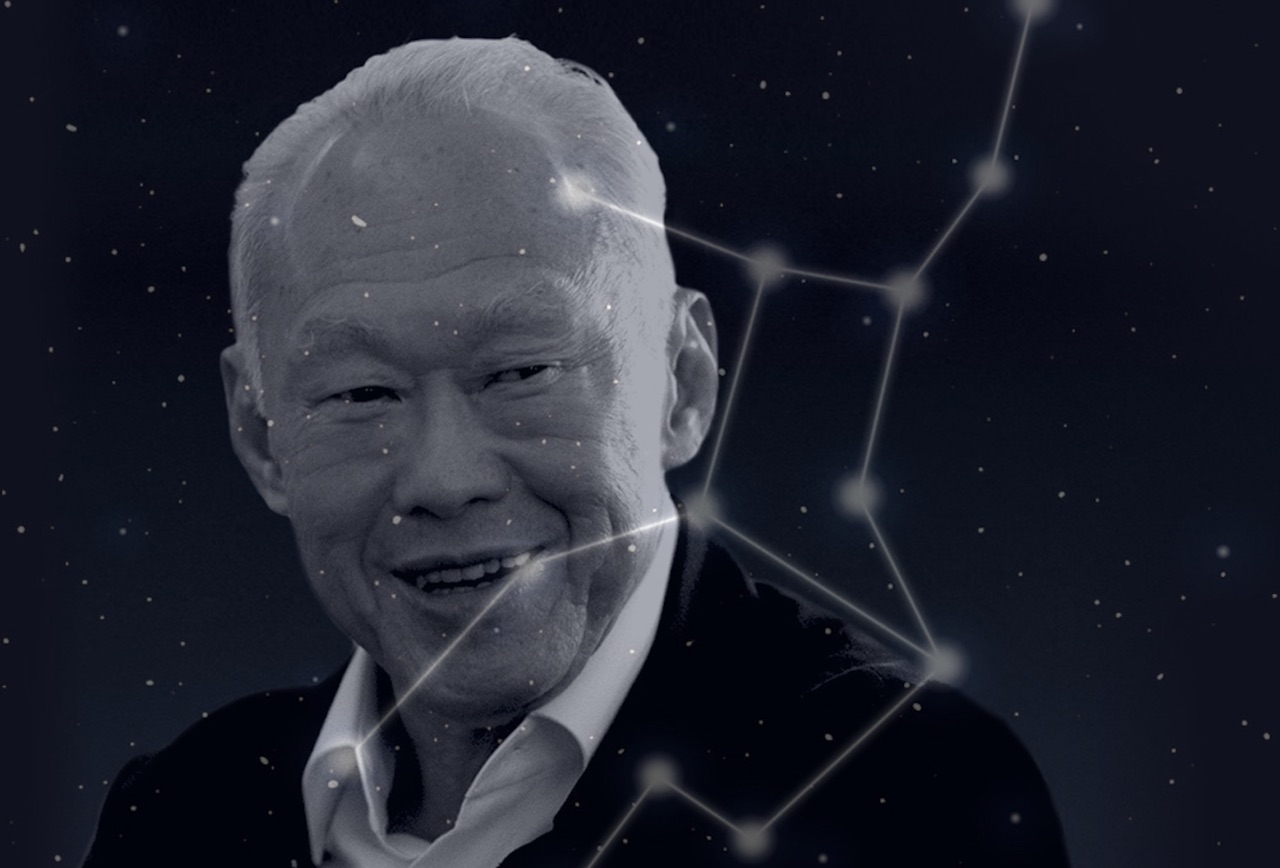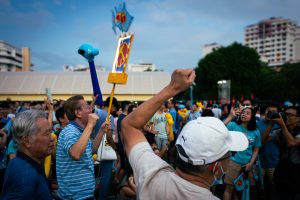You may think astrology is bullshit, but admittedly my interest in our boring political scene had always been lukewarm until I discovered the late Minister Mentor’s star sign.
And then, everything about our country’s values and policies made sense.
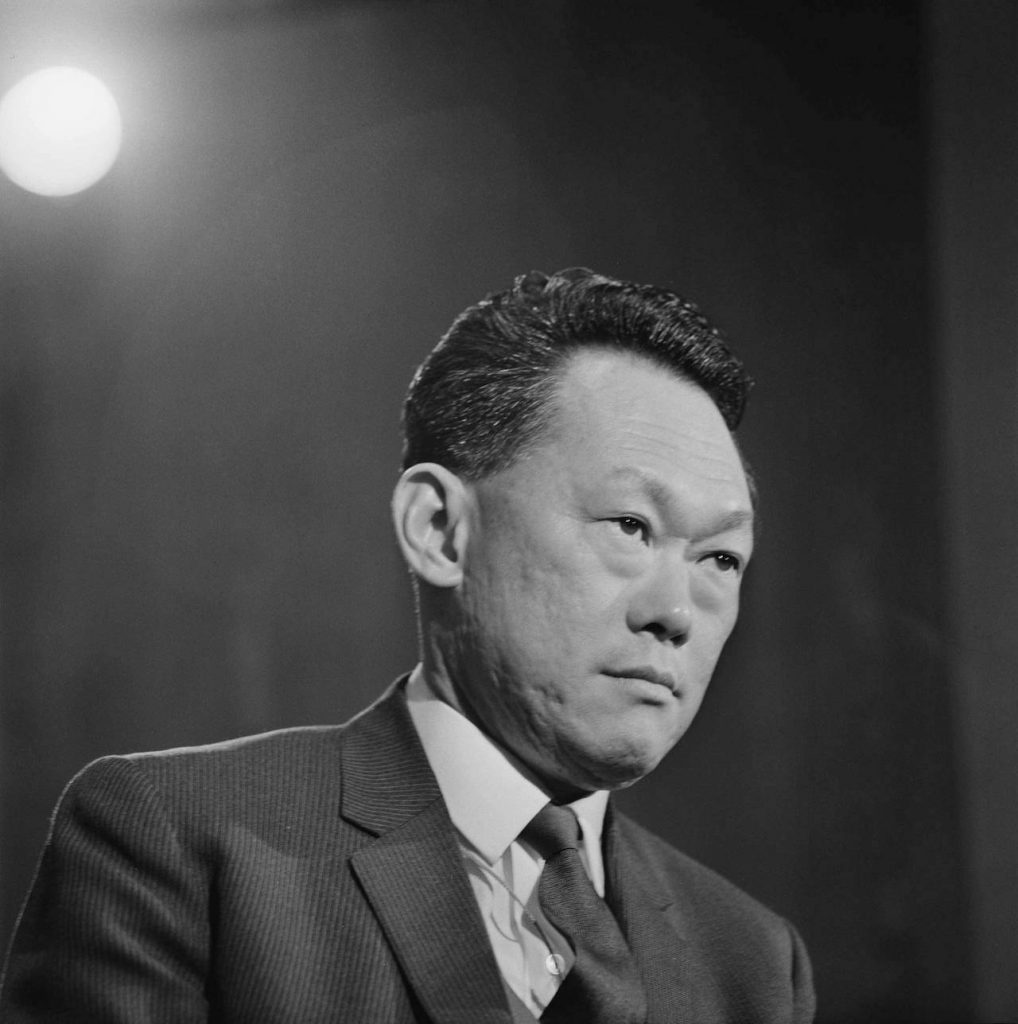
For instance, in the first volume of his memoirs, The Singapore Story: Memoirs of Lee Kuan Yew, the man says after winning a whole-ass election: “It was a victory but I was not jubilant. I had begun to realise the weight of the problems that we were to face—unemployment, high expectations of rapid results, communist unrest, more subversion in the unions, schools and associations, more strikes, fewer investments, more unemployment, more trouble.”
Arguably, the most obvious sign of a Virgo’s perfectionism is their hardworking nature. To a non-Virgo, this horoscope’s tendency to hustle all the time may simply be considered diligence, but Virgos know they only work hard because they discover new ‘problems’ all the time; nothing is ever perfect to them.
On the upside, this pursuit of perfection also means having an insanely efficient and detail-oriented nature. And their need to be meticulous doesn’t often hinder their ability to get shit done.
In the same aforementioned memoir, Lee Kuan Yew states that he was “uneasy” about taking power at the age of 35. So he “decided to acquaint [himself] with the structure of the government and obtain an overview of the ministries”, which meant “getting the feel of the senior staff, the nature of their work, their attitudes and work style”. This ensured he knew how much had to be changed if these people were to solve our political, economic, and social problems.
Moreover, he wanted to “assess the resources of each ministry and redeploy [their staff] so as to strengthen the most important”. This included enlisting competent men who would help with information, analysis, thinking, and planning necessary to work out a counter-strategy to foil the communists.
On the street, he was also determined to have a police force that was “disciplined but firm, decisive and robust”.
What’s one man’s eye for detail, unwillingness to rest on his laurels, and necessary analysis of the situation, is another man’s insufferable micromanager. As people who usually see the world in black and white, Virgos try to control everything so life goes according to their plan.
Occasionally, this works, and they end up building a first-world country within a few decades.
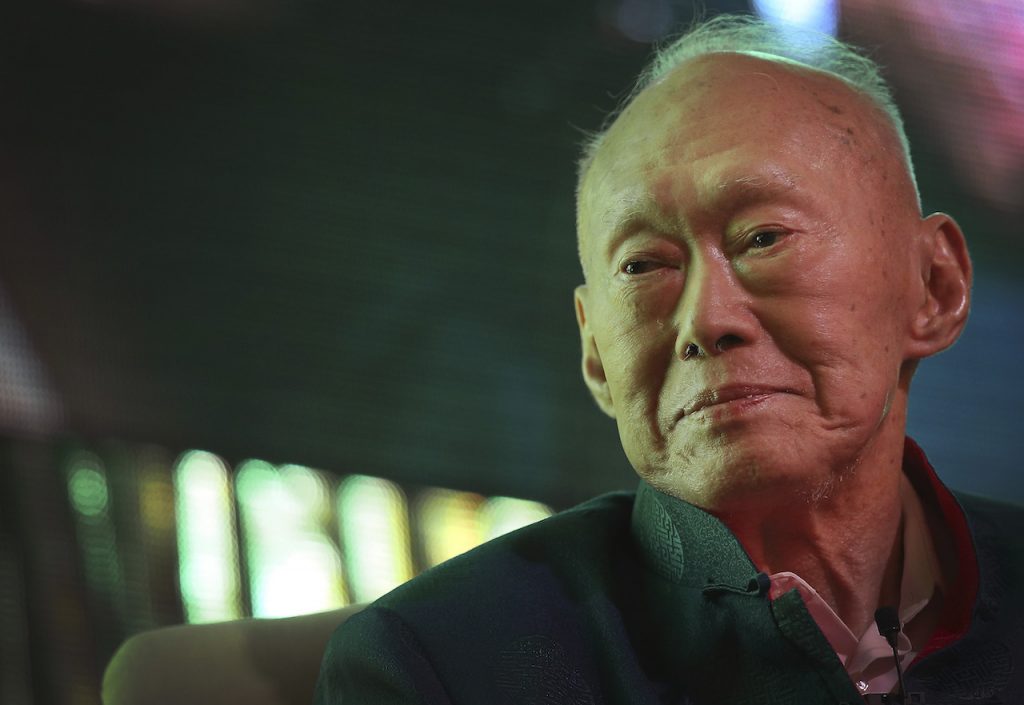
With Lee Kuan Yew, pragmatism was the perfect complement for his perfectionism. While he was a visionary who harboured grand ideals for Singapore, he was also as realistic as they come.
According to David Kuo, chief executive of the Motley Fool Singapore, Lee Kuan Yew had to “change the mindset” of a then-population of about two million citizens to ensure Singapore would remain “an economically sound country that would be robust enough for future generations”.
Getting an entire country’s population to buy into your vision may seem like an insurmountable task. But Lee Kuan Yew displayed the epitome of a Virgo’s resourcefulness; he wasn’t one to wait for ideal situations to present themselves, and often did what was practical at that point in time.
Furthermore, he never saw anything wrong with doing whatever he could to convince the public that he knew what was best for them. He stubbornly championed economic policies that were driven by an ideal version of meritocracy: no matter your background, you could succeed on hard work and talent alone. Yet the current inequality gap is the result of meritocracy that worked.
Still, many of us practically worship the man, so we didn’t mind this callous pragmatism. I dare say it wouldn’t go over as well with our younger generation who might not have grown up idolising our founding fathers.
Being fastidious to a fault often gives way to a hypercritical nature. For one, having considered every way in which they are flawed, Virgos are already so deeply critical of themselves that they are unfazed by any flak they may receive from anyone else.
When Singapore was expelled from Malaysia, Lee Kuan Yew felt that he “had let down many people in Malaya, Sabah, and Sarawak”, as they had responded to his party’s call for a Malaysian Malaysia. By accepting separation, he felt he “had failed them”.
He writes in his memoir, “That sense of guilt made me break down. It was my moment of anguish. The deed was done, but I was overwrought at the thought of all the shattered hopes of the millions we had aroused.”
One can only hope that someone within the current ruling party would display the same level of self-criticism and humility. And interestingly, the only notable Virgo in Parliament is … Low Thia Khiang from the Workers’ Party.
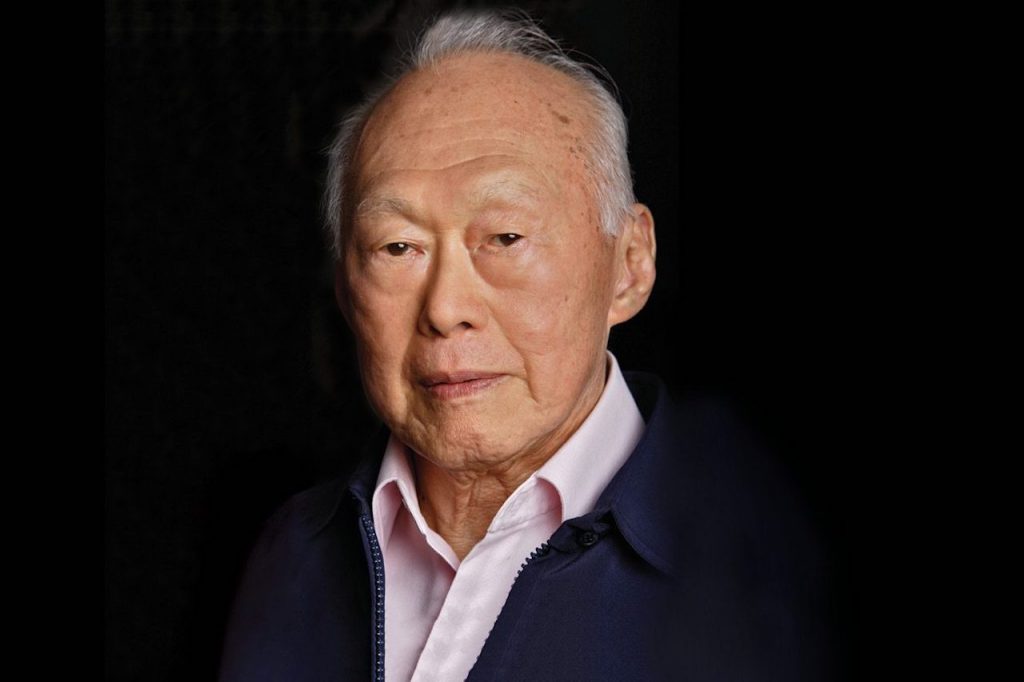
As many quotes have shown, Lee Kuan Yew was a wordsmith who wielded language with intent and precision. From denouncing his political opponents to silence them, to airing his frank and brutal thoughts about graduates marrying non-graduates, the late politician was no stranger to making pointed judgements.
Fortunately for Lee Kuan Yew’s fanboys, there is still one person who uses language with the same ferocity in today’s government: Minister K Shanmugam. His strongly worded comments are often highly calculated.
Unfortunately, Shanmugam is a mere Aries—the star sign that only knows how to argue.
To Lee Kuan Yew’s fans (and probably fellow Virgos), he was just ‘keeping it real’; it was just ‘tough love’. To any objective onlooker, however, his hard truths could be downright cruel and unnecessary.
In fact, he was quoted in the Straits Times in 1987: “I am often accused of interfering in the private lives of citizens. Yes, if I did not, had I not done that, we wouldn’t be here today. And I say without the slightest remorse, that we wouldn’t be here, we would not have made economic progress, if we had not intervened on very personal matters – who your neighbour is, how you live, the noise you make, how you spit, or what language you use. We decide what is right. Never mind what the people think.”
Similar to victims excusing abusers for their behaviour because they assume the latter still “loves” them, it’s as though we have collectively decided to suffer from amnesia about our past. We turn a blind eye to the state of fear that was cultivated during Lee Kuan Yew’s iron-fisted leadership. We willfully ignore the abject flaws of a statesman whose policies and decisions have affected the masses, for better or worse, and end up lionising a fallible human.
We prefer conflating his hard governing style with his decisiveness. In this way, we continue to place him on a pedestal long after his death, believing that we would be in a ‘better’ place if he were still around.
All this so that remembering him on his death anniversary doesn’t require us to reconcile our complicated feelings.
Yet it would be dishonest—and completely impractical—to celebrate his legacy today without acknowledging the significant role that his policies and perspectives played in reinforcing society’s inequalities.
It also makes me wonder if perhaps the time for overbearing and high-handed leadership has passed. While his leadership may have addressed the lower tiers on Maslow’s Hierarchy of Needs, such as food and having a roof over our heads, a new reality requires a change in policies. After all, doing so would only be pragmatic.
Before Lee Kuan Yew passed, I had never witnessed an outpouring of grief more intense or nauseating. And yet four years ago, we saw a flood of black ribbon Facebook display pictures, the queues of bawling citizens standing in the rain during his final send-off, and the countless eulogies of indiscriminate gratitude.
The nation’s response to his death seemed befitting for a politician of his stature. Yet I couldn’t help thinking that Lee Kuan Yew, ever the grounded Virgo, would absolutely loathe the excessive display of melodrama.
So here’s a suggestion: instead of mourning the man today, or reading countless articles about his achievements, channel your inner Virgo and take the day to sort out the mundane practicalities of daily life. File your taxes. Clean the house. Run some errands. Clear your email inbox. Buy some groceries. Text your friend back.
Can’t change your country if you can’t even do your laundry, tbh.

